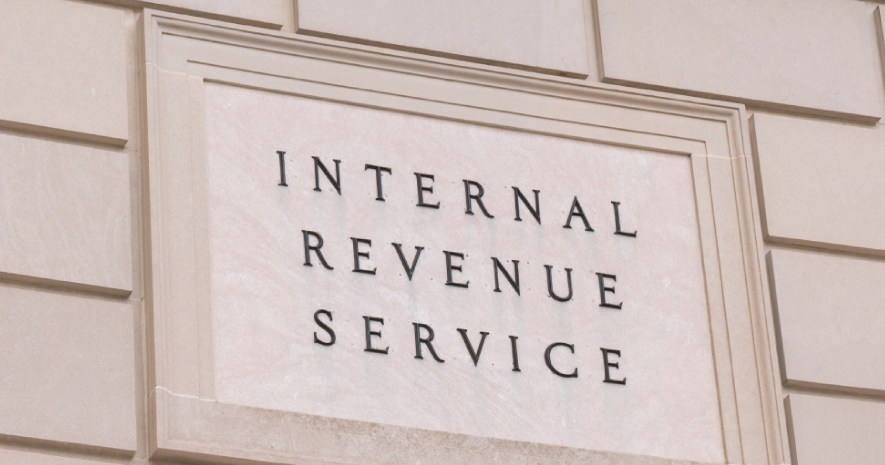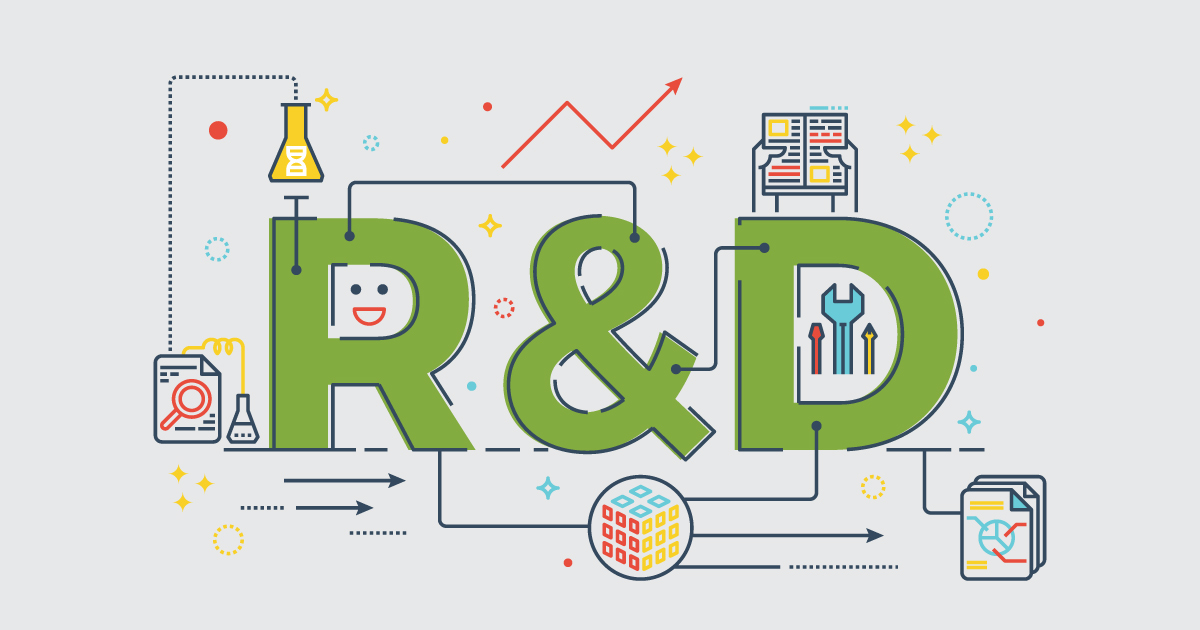On April 22, 2021, the IRS and the Treasury Department released guidance that provides a safe harbor for businesses that received Paycheck Protection Program (PPP) loans in the first round of relief but did not deduct otherwise eligible business expenses because they relied on now-superseded guidance.
Prior Guidance
Under prior guidance, businesses that received PPP loans in 2020 to cover payroll costs, interest on covered mortgage obligations, and covered utility payments could not deduct the corresponding expenses.
New Guidance
Rev. Proc. 2021-20 provides a safe harbor in line with a provision in the Consolidated Appropriations Act, 2021, which was signed December 27, 2020. Businesses now may deduct those expenses on their original federal tax return for the first taxable year following the 2020 taxable year, rather than filing an amended return or an administrative adjustment request.
To apply the safe harbor, taxpayers must make an election by attaching a statement with the information listed in the revenue procedure to their federal income tax return (or information return) for the first taxable year following the 2020 taxable year. The election may be made only on subsequent returns that are timely filed, including extensions.
An important limitation on the scope of the revenue procedure is that it applies only to returns that were originally filed on or before December 27, 2020. Thus, the guidance applies only to fiscal-year taxpayers whose year ended during 2020, for which a return was filed on or before the Consolidated Appropriations Act, 2021, was signed into law. As a result, the new guidance may have limited applicability to S corporations, many of which are calendar-year taxpayers. It may be more broadly applicable to C corporations, but only if they are fiscal-year corporations, and may apply to partnerships that use a fiscal year.




